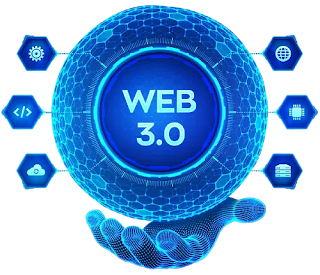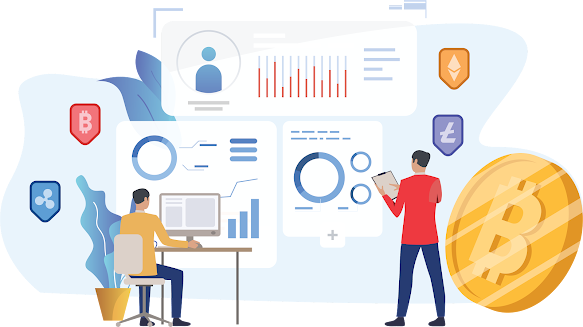Unleashing the Potential: The Role of Blockchain in Modern Development
Introduction:
In the ever-evolving landscape of technology, blockchain has
emerged as a revolutionary force with the potential to reshape modern
development practices. Beyond its association with cryptocurrencies, blockchain
technology offers a decentralized and secure framework that can significantly
impact various industries. This blog explores the transformative role of
blockchain in modern development, shedding light on its key features and the
myriad ways it can unlock innovation.
Decentralization:
Traditional development often relies on centralized systems,
making them susceptible to single points of failure. Blockchain introduces
decentralization, distributing control across a network of nodes. This not only
enhances security but also promotes transparency and trust among participants.
Immutable Ledgers:
Blockchain's distributed ledger ensures immutability,
meaning once a block is added, it cannot be altered. This feature enhances the
integrity of data, making it tamper-resistant. In modern development, this can
be a game-changer for maintaining transparent and auditable records.
Enhanced Security:
Security is paramount in the digital age, and blockchain
provides a robust solution. Its cryptographic algorithms and consensus
mechanisms make it highly resistant to hacking. By incorporating blockchain
into development processes, businesses can better safeguard sensitive
information and protect against cyber threats.
Supply Chain Optimization:
Blockchain's transparency and traceability make it ideal for
optimizing supply chain processes. From source to delivery, every transaction
can be recorded, providing a comprehensive view of the entire supply chain.
This can lead to increased efficiency, reduced fraud, and improved
accountability.
Tokenization and Digital Assets:
Blockchain enables the creation of digital tokens
representing real-world assets. This has implications for various sectors,
including real estate, art, and finance. Developers can leverage tokenization
to fractionalize ownership, democratizing access to assets and unlocking new
investment opportunities.
Interoperability:
Modern development often involves integrating diverse
technologies. Blockchain's interoperability allows it to seamlessly connect
with other systems, fostering collaboration between different platforms. This
promotes a more cohesive and efficient development environment.
Decentralized Finance (DeFi):
Blockchain's impact extends to the financial sector through
the rise of decentralized finance. By removing traditional intermediaries,
blockchain facilitates peer-to-peer transactions, lending, and other financial
services. This opens up new avenues for innovation in the fintech space.
Conclusion:
Blockchain technology stands at the forefront of moderndevelopment, offering a decentralized, secure, and transparent framework. As
developers continue to explore its potential, we can anticipate a paradigm
shift in how applications are built, transactions are conducted, and trust is
established in the digital realm. Embracing blockchain is not just a
technological choice; it's a step towards unlocking the full potential of a
decentralized and interconnected future.






Comments
Post a Comment